Prioritizing Tech Innovation & Talent Retention
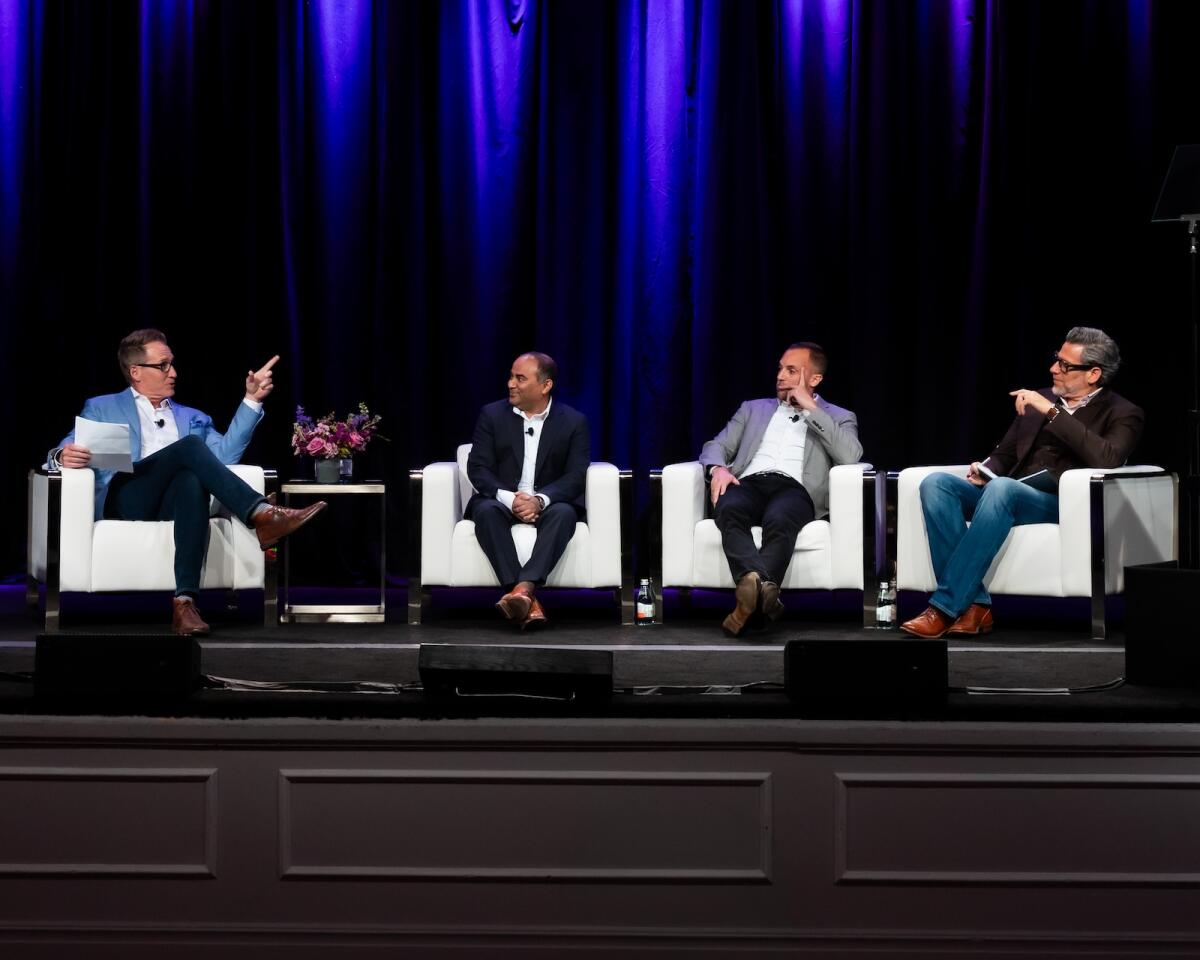
- Share via
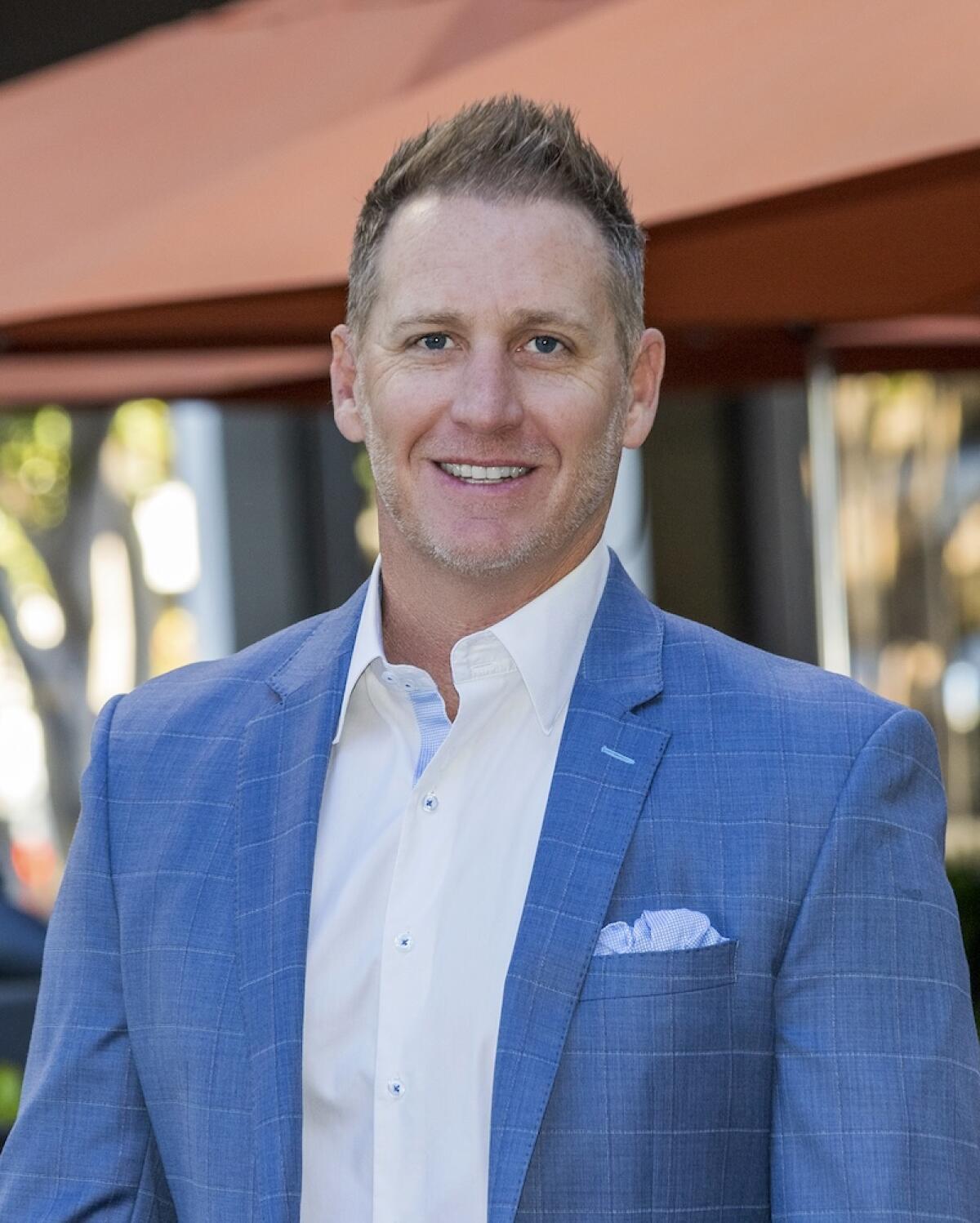
Moderator: Brian Hegarty
Principal, L.A. Market Leader, Employee Health & Benefits
Marsh McLennan Agency
Brian Hegarty is the managing director of the Los Angeles office for Marsh McLennan Agency (MMA). In addition to overseeing the firm’s rapid growth in the Los Angeles market, he specializes in employee benefits programs for mid-size to large companies. Since joining the firm in 2008, Hegarty has worked closely with many leading Los Angeles industries, such as technology, entertainment, apparel and hospitality, among others. Focusing on enhancing the experience for both employers and employees, he is very proficient at helping organizations that are expanding operations nationally and internationally. He is a thought leader who was instrumental in the development of the company’s technology trust, Benefits Tech Trust.
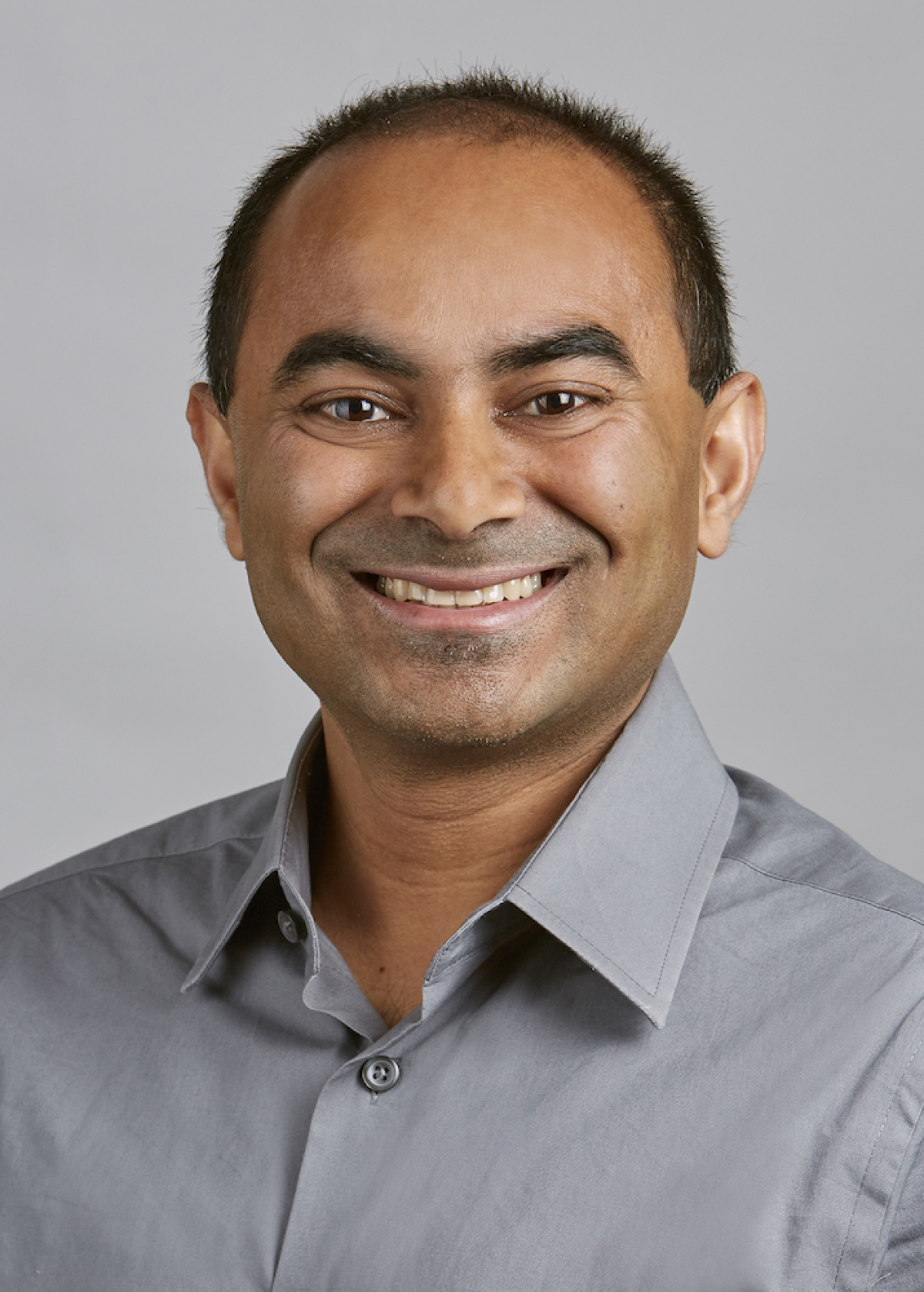
Panelist: Ahmer Inam
Chief Data and Artificial Intelligence Officer
Relanto
Ahmer Inam holds the position of chief data and artificial intelligence officer at Relanto, a global firm specializing in business process transformation and enterprise resiliency. With over two decades of experience, he has a proven track record of driving organizational transformation through the implementation of intelligent digital solutions. He has held leadership positions at renowned firms such as Nike, PwC and Wells Fargo.
Inam’s expertise extends beyond his professional roles. He serves as a member of brain trusts at XPRIZE, a position that recognizes his contributions to advancing AI-centric healthcare innovations. He also acts as a data & AI expert with the International Institute for Analytics, contributing his knowledge and insights to the field.
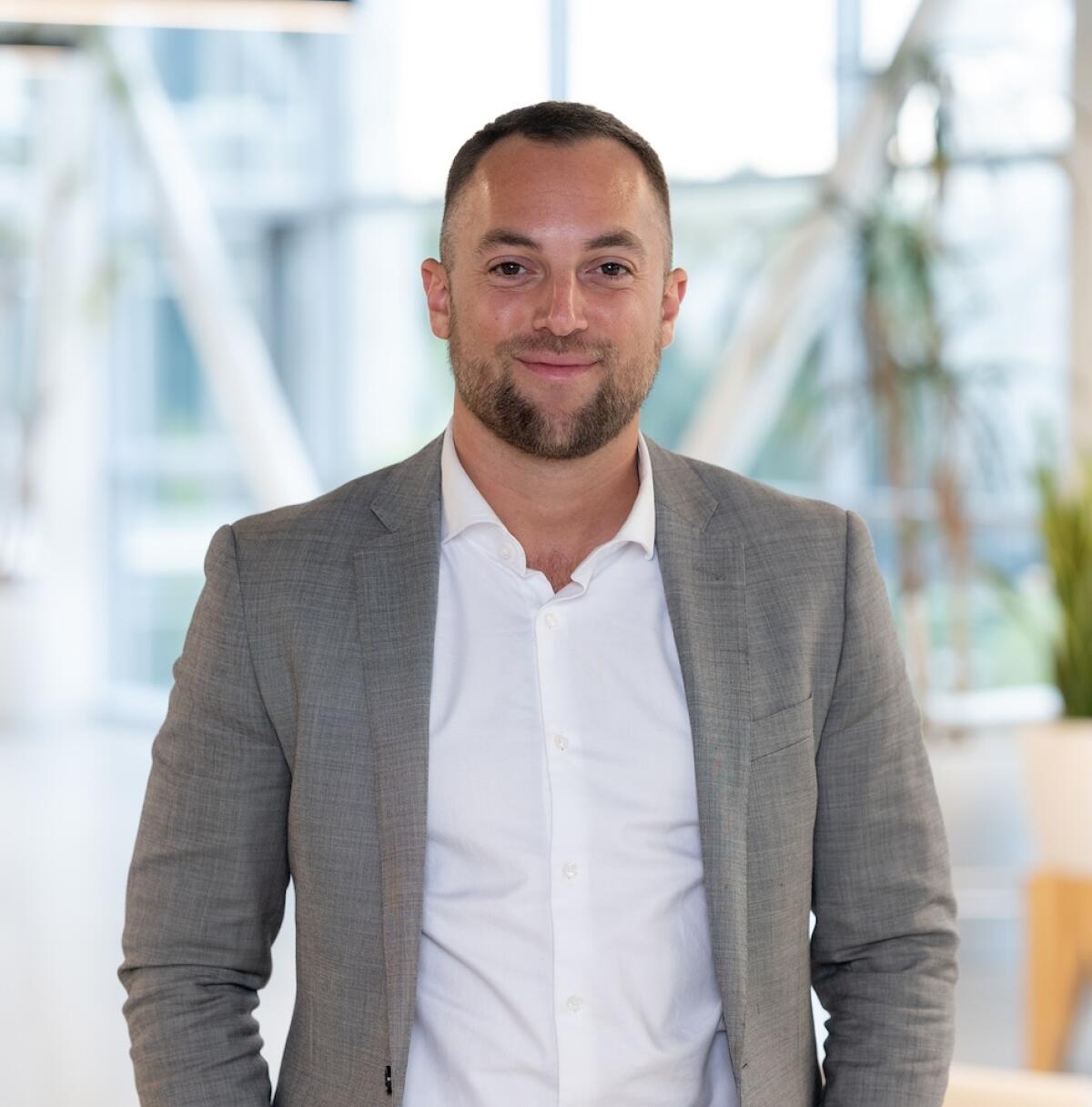
Panelist: Dylan Pany
Managing Director - Head of Los Angeles & West Coast Region
Phaidon International
Dylan Pany is the managing director of the global talent partner, Phaidon International. Recognized for cultivating high-performing teams, he launched his career in New York, specializing in sourcing business-critical talent in sales and trading for Phaidon’s financial services brand, Selby Jennings. Motivated by educating and nurturing internal graduates, Pany made a strategic move to Los Angeles where he successfully established the West Coast business. Now overseeing a 100-plus workforce, he thrives on training and developing his teams to become subject matter experts, delivering exceptionally high-level of service to Fortune 500 clients and niche professionals.
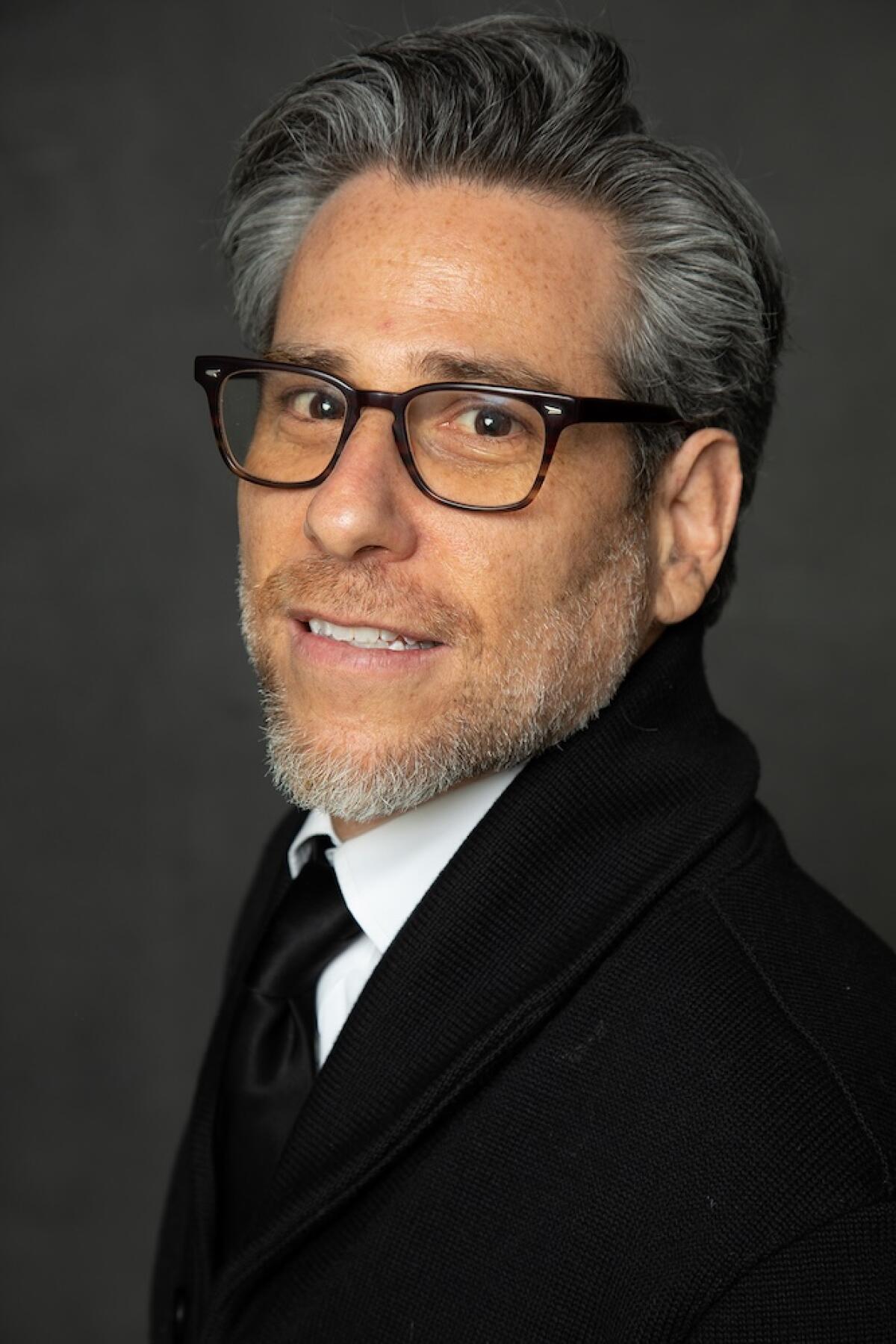
Panelist: Sasha Strauss
CEO & Founder
Innovation Protocol
Sasha Strauss speaks from 25 years in brand strategy, having defined brands for leading corporations, philanthropies, faiths and academic institutions. His distinct and direct approach to how brands and leadership must communicate is the foundation for his brand strategy consultancy, Innovation Protocol (IP). Their ability to inspire while they inform is why brands like Nestlé, PayPal, LEGO, Google, Disney and Korn Ferry have called on their consulting and thought leadership since 2006. While running IP as CEO, Strauss has been a professor for 17 years, concurrently teaching brand strategy at UCLA, USC and UCI business schools. That coursework, coupled with IP’s client work for innovators, directly impacts his impassioned keynote speeches at the world’s largest conferences.
Shared Insights from the Event
On the best practices for being collaborative in a hybrid or remote work environment:
Dylan Pany: If you have individuals that are working in different time zones, in different offices, etc., communication may not be as much as you’d like or where you want it to be. So, communication should be top-down: making sure that it’s perfectly aligned with business objectives and perfectly aligned with the mission of the company.
Ahmer Inam: What we have seen successfully implemented in driving collaboration in a hybrid and remote work environment is first and foremost connecting on mission and purpose. It’s not so much what we do, which is very task-oriented, it’s more around why we do what we do, which is very purpose-driven.
Sasha Strauss: We try to orient our clients around the idea that it’s very hard to negotiate time zones and figure out what zone someone’s in. If you look at your calendar technology, there’s a really easy default setting where you can show two or three time zones simultaneously. Game-changer. That way, when you’re on a call with someone, you don’t have to calculate anything: “It’s three hours later where you are. Let’s talk at this time.” What that does most importantly is show grace and consideration for the person on the other end of the Zoom.
On allocating resources to tech solutions while maintaining fiscal responsibility:
Pany: Discipline is important in all areas of business. I have to always revert back to strong financial governance, strong diligence or discipline. When it comes to these decisions and ensuring that whatever the intent of the product is, can you very confidently say it is going to achieve the result that you want? On the best emerging technologies to pursue:
Inam: What’s happening with AI, blockchain and newer and newer technologies coming every day creates a lot of confusion, especially for decision-makers. We essentially identify and prioritize particular problems to go after and then what technologies are needed to ensure that we are not solving this problem for yesterday or today, but building it as a core capability of differentiation for tomorrow. At that point, whether it’s AI or blockchain or whichever technology makes sense to drive that future-centric approach to solutioning, that’s when it comes into play.
Strauss: There’s really no point in thinking about innovation and investing in innovation if you’re not thinking about the workforce that has to use it. The failures I’ve seen have really been about the neglect of talent - every time innovation shows up in the enterprise, people’s jobs change. If you want them to be engaged and using the technology, you have to help them career up a little bit as well.
On attracting and retaining top talent:
Strauss: Talent today of all ages wants feedback. They don’t want to wait till the annual review. They don’t want to see you scribbling and then coming back to them a year later. They want feedback as it’s happening right now. For me as an owner, operator and employer, I had to change the way that I thought about feedback and created this micro-gesturing effort. It’s not like a thing you should consider doing. It’s something you must do, so we give this active feedback experience because everyone accepts that this is how talent wants to work now.
Inam: People want to work for companies that align with their mission. Last year, I made a statement here that we will not be replaced by AI. We will be replaced by people who know AI. That’s the fear that a lot of people have in the companies that are not investing in upskilling and training their employees with AI - they’re going to lose out extensively over the next few years. Continuous learning is an element as part of retention strategy.
On AI as a factor of how companies will hire in the future:
Pany: Being a part of talent acquisition, I think of how that process looks: Are you using an agency? Are you speaking directly with the person? Do you have a giant CRM that has an AI underlying function that presents the best candidates and brings them to your attention before you even need to pick up the phone and make a call? I also think certain roles are going to be more imminently affected and certain positions are going to be more imminently required to become a part of this AI movement, and others still have a little bit more time to adapt. Either way, it’s coming, and you need to get on board.